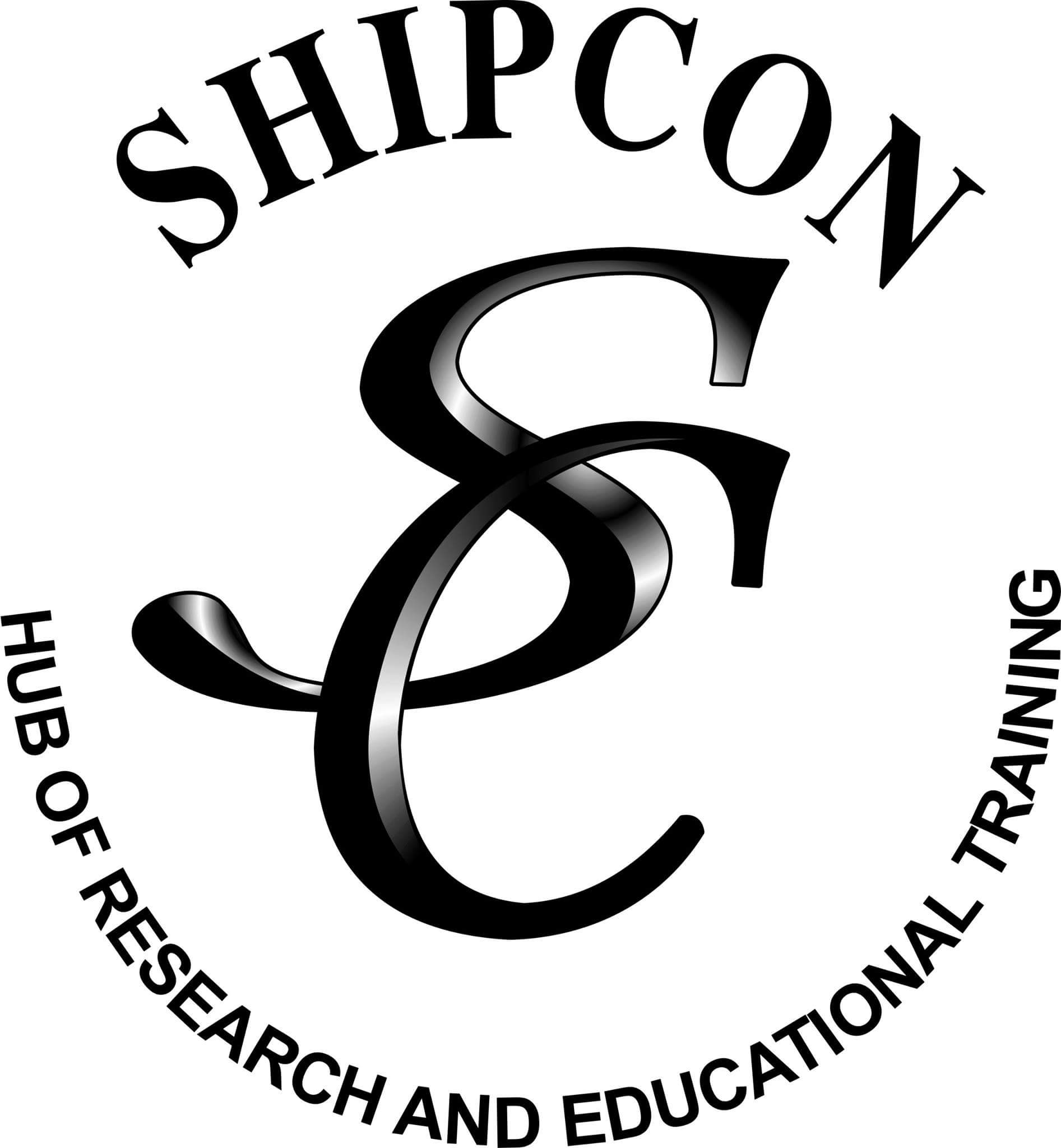DESCRIPTION 
In today’s increasingly globalized world, classrooms are becoming more diverse, with students from a wide range of cultural backgrounds and experiences. The course Incorporating Cultural Diversity in Education is designed to equip educators with the tools, knowledge, and strategies to create inclusive learning environments that celebrate cultural differences and promote equity for all students.
This course explores the importance of cultural competence in education, providing practical insights into how educators can recognize, respect, and respond to cultural diversity within the classroom. Participants will learn how to create culturally responsive teaching practices that not only improve academic achievement but also foster a sense of belonging and community among students.
Throughout the course, educators will explore the intersections of culture, identity, and learning, and how to integrate diverse perspectives into the curriculum in meaningful ways. The course will also address challenges that may arise when teaching in multicultural settings, offering strategies for managing cultural conflicts, addressing biases, and supporting the social-emotional development of students from diverse backgrounds.
Main Aims
- Understand the Importance of Cultural Diversity: Recognize the value of cultural diversity in education and its impact on student engagement, learning outcomes, and social development.
- Develop Culturally Responsive Teaching Practices: Learn and apply strategies that support all students, fostering an inclusive learning environment where diverse cultural perspectives are respected and celebrated.
- Adapt Curriculum and Content: Modify curriculum materials and teaching strategies to reflect the cultural backgrounds of students, making learning more relevant and accessible.
- Foster Positive Interactions and Understanding: Create a classroom climate that encourages collaboration, reduces cultural biases, and supports effective communication among students from different cultural backgrounds.
- Address Cultural Conflicts and Bias: Develop strategies for managing cultural differences, resolving conflicts, and challenging stereotypes or biases that may arise in the classroom.
- Engage Families and Communities: Learn how to engage with diverse families and communities in a culturally responsive way to enhance the learning experience and build stronger relationships with students’ families.
Why IRIE?
- Promote Equity and Inclusion: By addressing cultural diversity in the classroom, you can help bridge gaps in achievement and ensure that all students feel valued and supported.
- Enhance Student Engagement: Culturally relevant teaching methods increase student interest, participation, and overall engagement in the learning process.
- Prepare Students for a Global Society: Equip students with the skills they need to thrive in a multicultural world, encouraging respect, collaboration, and critical thinking across cultural boundaries.
- Support Personal and Professional Growth: This course will help you grow as a culturally competent educator, improving your ability to meet the needs of diverse student populations and creating an environment that celebrates diversity.
Who to attend IRIE?
The IRIE course is ideal for:
- School principals & directors (primary & secondary)
- Teachers (primary & secondary)
- Educational Advisors
- Community leaders
- Community workers
- Social workers
- NGO‘s working with minority groups, migrants & refugees
- Civil organisation staff
- Curriculum Designers and Instructional Coaches
- Educational Technology Specialists
- School Counselors and Support Staff
- Educational Researchers
METHODOLOGY OF THE COURSE – ADDED VALUE
The course methodology will ensure the active involvement of the participants in all phases, that is, prior, during and after the delivery of the course. More specifically, upon confirmation that the course will take place, the participants will receive preparatory material (if needed), which will cover all important concepts to be presented during the delivery of the course. The participants will have the opportunity to exchange feedback with the organiser of the course, ShipCon, and the trainer as well as to request any clarification related to the content of the course.
The methodology of the training is based on a combination of three important elements:
- Provision of knowledge required (theory)
- Use of training tools, such as case studies, videos, games, animations & exercises (practice – hands on experience)
- Feedback/reflection (review)
During the delivery of the course, the participants will receive hard copy material, which will cover the content to be presented in all five (5) days of the seminar. The material will be presented in a form of Power Point (PPT) presentations, videos & animations. Moreover, the active involvement and hands on experience of the participants will be secured through various training tools, such as case studies, worksheets, scenarios & exercises. These training tools are necessary to ensure that the theoretical knowledge gained by the participants can be used in real life scenarios; an important aspect & added value for any training course.
At the final day of the course, the participants will have the opportunity to reflect on the information received and the experience gained in the specific field of study. Moreover, the participants and their institutions will be encouraged to be members of ShipCon ‘Network of Excellence’, an international hub and forum for entrepreneurs & innovators to exchange ideas, novel concepts/approaches & best practices in the area of environment and education.
BENEFITS TO PARTICIPANTS – SKILLS & COMPETENCES
Attending the course on Incorporating Cultural Diversity in Education offers a wide array of benefits that enhance an educator’s ability to create inclusive, engaging, and effective learning environments. By gaining a deeper understanding of cultural diversity and how it intersects with teaching, participants will improve their ability to meet the needs of all students, foster a positive classroom culture, and contribute to social justice in education. Key benefits for participants can be summarised as follows:
l Increased Cultural Competence
- Benefit: Participants will gain a comprehensive understanding of cultural diversity and how it influences learning, behavior, and interactions in the classroom.
- Outcome: Educators will develop the ability to recognize and respect cultural differences, leading to more inclusive and empathetic teaching practices.
l Enhanced Classroom Inclusivity
- Benefit: The course provides practical strategies for creating a culturally inclusive classroom environment where every student feels valued and understood.
- Outcome: Teachers will be able to foster a classroom climate of respect and collaboration, encouraging students from diverse backgrounds to actively participate and feel safe.
l Improved Teaching Strategies for Diverse Learners
- Benefit: Participants will learn how to adapt lesson plans and teaching methods to accommodate a wide range of learning styles, cultural backgrounds, and needs.
- Outcome: Educators will be equipped to personalize learning experiences, ensuring that all students have equal opportunities to succeed, regardless of their cultural or linguistic backgrounds.
l Development of Culturally Responsive Pedagogy
- Benefit: Educators will gain the skills to integrate culturally relevant content, examples, and resources into their teaching, making lessons more engaging and relatable to students from various cultures.
- Outcome: Teachers will be able to incorporate diverse perspectives, literature, and historical events, enriching the learning experience for all students.
l Better Management of Cultural Conflicts
- Benefit: The course teaches participants how to identify potential cultural misunderstandings or conflicts in the classroom and develop strategies for resolving them.
- Outcome: Educators will have the tools to handle conflicts with sensitivity, promoting a harmonious classroom environment and helping students learn how to navigate cultural differences constructively.
l Increased Student Engagement and Achievement
- Benefit: Culturally responsive teaching practices help students see themselves reflected in the curriculum, leading to greater engagement and motivation to learn.
- Outcome: Educators will notice improved student participation, higher academic achievement, and increased self-confidence among students, particularly those from marginalized or underrepresented cultural backgrounds.
l Strengthened Community and Family Engagement
- Benefit: Participants will learn how to build stronger partnerships with families from diverse cultural backgrounds, which enhances support for students both in school and at home.
- Outcome: Teachers will be better equipped to engage families in the educational process, improving student performance and strengthening the school-community relationship.
l Greater Awareness of Biases and Stereotypes
- Benefit: The course helps participants identify their own biases and understand how stereotypes can impact teaching and student learning.
- Outcome: Educators will develop greater self-awareness and empathy, leading to fairer, more equitable treatment of all students, and the ability to challenge stereotypes in their classroom and curriculum.
l Fostering a Growth Mindset in Students
- Benefit: By incorporating cultural diversity, educators will help students develop a growth mindset and an appreciation for different cultures and perspectives.
- Outcome: Students will be more open-minded, respectful of diversity, and prepared to collaborate with others from diverse backgrounds, both in and outside of the classroom.
l Professional Growth and Leadership in Education
- Benefit: Educators who successfully integrate cultural diversity into their teaching are better positioned to become leaders in their schools and communities.
- Outcome: Participants will be recognized as forward-thinking educators who are committed to equity and inclusion, providing opportunities for professional advancement and leadership roles.
l Contribution to Social Justice and Equity
- Benefit: The course empowers educators to actively challenge educational inequities and create more equitable learning environments for all students.
- Outcome: Teachers will become advocates for social justice in education, using their position to create more opportunities for underrepresented students and challenge systems of inequality.
l Greater Student Social and Emotional Development
- Benefit: A culturally diverse classroom fosters emotional and social growth by teaching students about empathy, cooperation, and understanding across cultures.
- Outcome: Students will develop stronger interpersonal skills, emotional intelligence, and the ability to work collaboratively in diverse teams.
PROGRAMME OF THE TRAINING ACTIVITIES (DAY BY DAY)
DAY 1 – Understanding culture
– Welcome and introductions
– Introduction to cultural awareness
– Understanding culture
– Dealing with cultural differences
– Importance of intercultural communication
DAY 2 – Policies and measures at schools
– The teacher-student relationship
– Organizational Adaptations
– The school and its environment
– Relations to parents and communities of migrants & refugees
– Desegregation policies and measures
DAY 3 – Individual support of minority, migrant & refugee children
– Early childhood programmes for the support of general development
– Support for school achievement outside the school system
– Mentoring: actors & methods
– Supplementary schooling in immigrant communities
DAY 4 – Language & integration
– Relevance & importance of national language
– Individual conditions of national language acquisition
– Best practices and policies of national language acquisition across Europe
DAY 5– Diversity Policies & importance of integration
– Anti-discrimination laws
– Diversity Policies
– Affirmative Actions
– Importance of integration of migrant & refugee children in EU societies
– Conclusions & recommendations
Click here for relevant resources on this masterclass course
CERTIFICATIONS AWARDED
- Certificate of attendance & certificate of competence (skills & competences required – Europass CV)
- Europass mobility certificates – to be issued by the applicant’s National Authority (NA)
